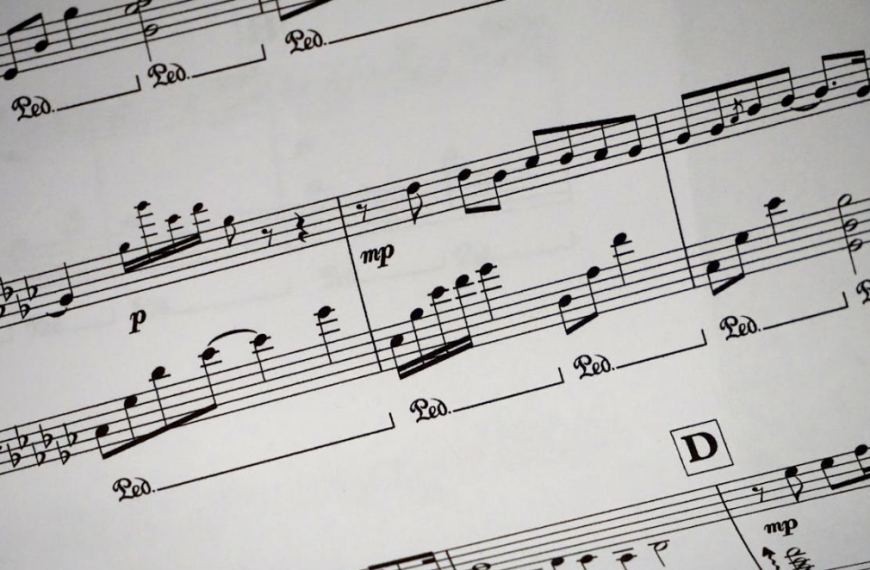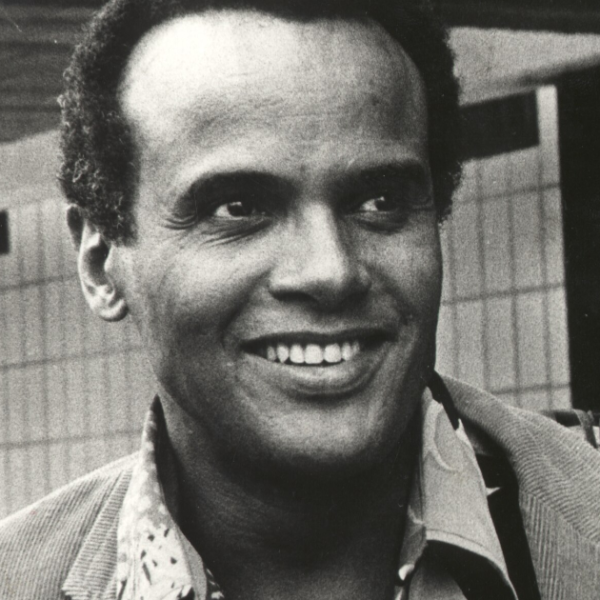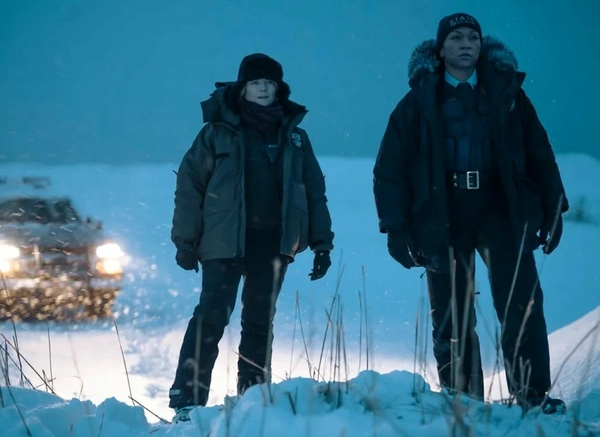The term “box office” doesn’t actually come from the booth-like structures outside theaters. Instead, it’s likely linked to the special seating areas in theaters called “boxes.” These were fancy spots where wealthy guests could watch performances from a good view, away from the rest of the audience. When the term “box office” first appeared in newspapers in the mid-18th century, it referred to where people could buy tickets for these box seats.
For example, a 1765 newspaper in London mentioned: “Places for the Boxes to be taken of Mr. Watson, at the Box Office,” for a comic opera called Love in a Village.
It didn’t take long for theaters to start selling regular tickets at box offices. Before that, you usually had to buy them from a specific person or place in town, or at the theater’s stage door. Even after box offices became popular, this old way of getting tickets didn’t go away right away. For example, in May 1810, London’s Morning Chronicle mentioned: “Tickets and places to be had of Mrs. Bishop at the Great Rooms, Spring-garden; and of Mr. Spring, at the Box-office,” for a show at the Lyceum Theatre.
There are different ideas about where the phrase “box office” comes from. One theory is that “box” used to mean a money box or collection box since the 1300s, so “box office” might have originally referred to that kind of box. Another theory suggests it goes back to the Elizabethan era when balcony seating was separate from the general admission section. But since there’s no written proof of “box office” before the Georgian era, it’s likely it was named after the box seats. Over time, people started using the phrase to mean overall ticket sales, which became common in the early 20th century.









